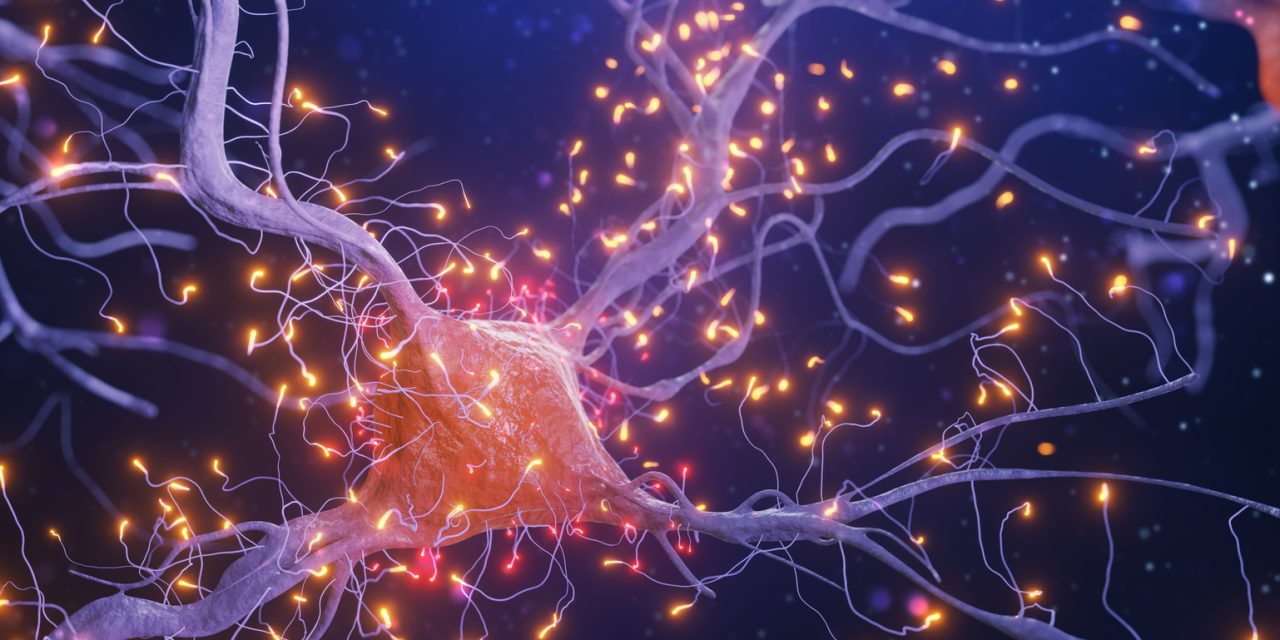Little is known about how mothers who report higher autistic traits face new parenthood. This study examined the association between antenatal non-clinical autistic traits and the risks of both postpartum depression (PPD) and child mistreatment at one-month postpartum and if these associations were mediated by preexisting social support.
Participants included 73,532 singleton mothers without histories of psychiatric conditions from the Japan Environment and Children’s Study, a nationwide birth cohort. Autistic traits were measured during the second/third trimesters using the short-version of the Autism Quotient-Japanese version. Participants were classified into three groups (i.e., typical-range, moderate-range, and high-range). PPD was measured using the Japanese version of the Edinburgh Postnatal Depression Scale, while participants self-reported experiences of child mistreatment (i.e., hit or shake the child); both assessments were conducted at one-month postpartum. Individual social support was reported during pregnancy. Data analyses were conducted through Poisson regressions.
A total of 7,147 (9.7%) participants reported PPD, while 12,994 (17.7%) reported child mistreatment at one-month postpartum. Autistic traits were associated with increased PPD risk (adjusted-relative risk [aRR] =1.74, 95%CI=1.64-1.84 for moderate-range; aRR=2.33, 2.13-2.55 for high-range) and child mistreatment (aRR=1.19, 1.13-1.24 for moderate-range; aRR=1.39, 1.28-1.50 for high-range) independently of confounders. Social support mediated 26-31% of these associations for moderate/high-range groups (both risks).
Self-reported measurements were used.
Mothers who reported moderate-to-high autistic traits in the general population were vulnerable to PPD and newborn mistreatment at one-month postpartum, which was partially explained by the lack of social support during pregnancy.
Copyright © 2020. Published by Elsevier B.V.
Risk of postpartum depression and very early child mistreatment among mothers reporting higher autistic traits: Evidence from the Japan Environment and Children’s Study.


